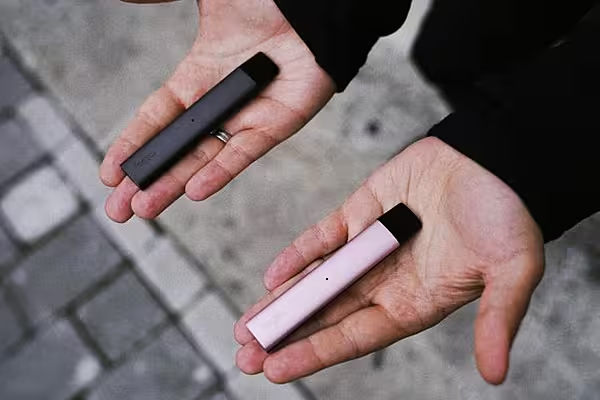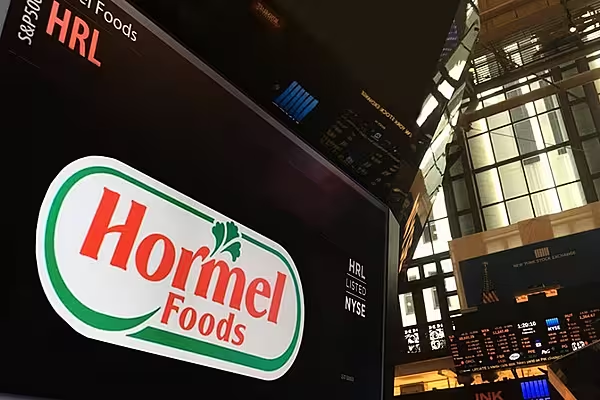Japan Tobacco Inc.’s new chief executive favors pursuing deals in Southeast Asia and markets where it lacks a presence rather than a more complex deal, signaling a much-speculated tie-up with Imperial Brands Plc is less likely.
Masamichi Terabatake, who took the helm of the world’s third-largest listed tobacco maker this month, said underdeveloped markets are more attractive than a “complicated” acquisition. He declined to comment directly on an Imperial acquisition during an interview Wednesday in Tokyo.
“Speaking generally, there are fewer players in the market,” said the 52-year-old chief, who previously served as deputy CEO of the company’s international business. “Europe’s antitrust law makes a single purchase almost impossible.”
Share Price
Shares of Imperial Brands closed 2 percent lower in London on Wednesday. Japan Tobacco rose 0.2 percent to 3,627 yen in Tokyo. The Japanese company’s stock lost 5.5 percent in 2017, compared with a 20 percent increase in the benchmark Topix index.
Terabatake also said Japan Tobacco is aiming to command around a 40 percent share of the heated tobacco market in Japan by 2020. A pillar of that growth will be its next-generation device, Ploom Tech, as well as other new devices the company has in development. He forecasts the heated tobacco market will comprise about a third of Japan’s overall tobacco market by 2020.
The maker of Mevius and Winston cigarettes is targeting acquisitions overseas and expanding its offering of high-tech smoking devices to grow profits as the conventional cigarette market is pressured around the globe. Japan Tobacco has been slower than its global competitors such as Philip Morris International Inc. and British American Tobacco Plc in selling next-generation products, which heat tobacco to deliver nicotine.
New Markets
While analyst have speculated over a possible deal between Japan Tobacco and Imperial Brands, the Japanese company last year focused on developing countries such as Indonesia, the Philippines and Ethiopia, where it spent more than a combined $2 billion acquiring assets.
Terabatake said the company looks at economics, population growth and gross margin expansion when considering acquisitions, and Asia has recently provided opportunities.
“To grow sustainability, we need to strengthen our portfolio for the future. So we’ve been actively changing our mode, focusing on the emerging markets,” said Terabatake. “There’s a lot of white space and places we don’t have market share. If we don’t build a foundation in those spots for 10 to 15 years in the future, it will be problematic.”
The tobacco industry has been consolidating over the past few years amid declining smoking rates. After large deals like BAT’s $49 billion buyout of Reynolds American Inc., there are few big targets left.
News by Bloomberg, edited by ESM. Click subscribe to sign up to ESM: The European Supermarket Magazine














